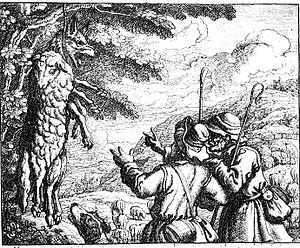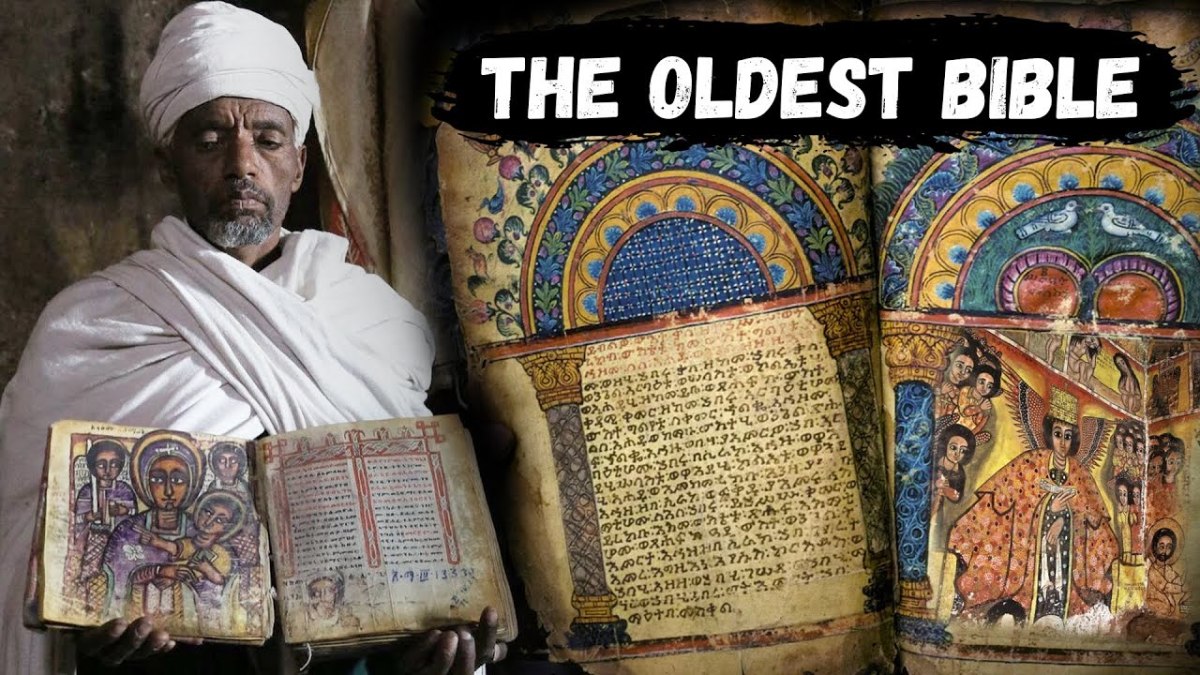Bible: What Does Matthew 7 Teach Us About Judging Others,The Narrow and Wide Gate, and False Prophets?

Matthew 7: Jesus' Sermon on the Mount: Judging Others, The Narrow and the Wide Gate, False Prophets
Matthew 7
Do Not Have a Condemning Attitude
Seeing no contextual relationship between “Do not worry” (6:34) and “Do not judge” (7:1), NASB and NKJV editors begin a new chapter.
[Perhaps some followers of Jesus were judging one another for worrying, thus eliciting the Lord’s prohibition.
On the other hand, perhaps He is merely responding to a specific, unrecorded question from the audience.
At any rate, the chapter change seems a good editorial decision.]
Those who do not want to repent of sin often use verse one as an illegitimate defense against those who point out their sin.
Jesus intended this command as a warning against manifesting a wrong spirit when judging another person’s actions.
He does not rail against judging others, but He does object to the condemnatory attitude that sometimes accompanies that activity.
The one who self-righteously condemns another will receive exactly the same treatment when he sins (v. 2; cf. Rom. 2:1).
Such a person is blind to his own sin, which is often greater than the sin of the one whom he condemns (vv. 3-4).
After labeling this judge a “hypocrite”—a pretender, a mask wearer— Jesus directs him to seek cleansing for his own sin before attempting to set straight another brother (v. 5).
Proper judgment occurs when one does not allow “dogs” or “swine”—epithets used to describe two groups of despised animals representative of vicious Gentiles—to treat God’s truth, viz., “what is holy” and “pearls,” as worthless (v. 6).
Well-Known Title
view quiz statisticsEffective Prayer
Perhaps answering another audience query, Jesus teaches that an effective prayer life consists of at least three elements—activity, persistence, and belief.
Verse seven contains three imperatives: ask, seek, and knock.
[Greek present imperatives carry with them a “progressive or durative” aspect, “referring to an action already in progress” (Goetchius, The Language of the New Testament, 262).
Expositors should explain those verbs in verse seven as meaning, “Keep on asking,” “Keep on seeking,” and “Keep on knocking.”]
Only if one actively follows this directive, persists in the action if one does not see immediate “answers,” and believes one will have success, will God fulfill the promise of verse eight; that is, that “everyone” will be satisfied.
[The context implies that God requires faith from the “inquirer,” but it does not explicitly state that fact.]
If one asks for good, necessary things—for instance, bread and fish—then surely God, Who is good, will not do less than evil man would, but will answer the requests in due time (vv. 9-11).
Jesus concludes with the so-called “Golden Rule”: treat others as you would want others to treat you; this maxim accords with the OT message (“the Torah and the Nebi’im”) (v. 12).
Few Will Be Saved

Salvation: Few or Many?
Do you believe Jesus when He says that few people will go to heaven?
The Narrow and Broad Gates
A most disturbing, yet nonetheless true, assertion follows in verses thirteen and fourteen. Jesus declares that two “gates” exist: a narrow one that leads to “life,” and a wide one that goes to “destruction.”
Few people find the narrow gate, travel the difficult (confined, NKJV; narrow, NASB) way, and enter the kingdom (the sheep); on the other hand, many go through the wide gate, sojourn on the broad way, and end up in Hell.
[Of all the doctrines of Scripture, the eternal punishment of the “vast majority” of human beings is the most difficult to comprehend and to accept.]
Wolf in Sheep's Clothing

John MacArthur: Pastor/Teacher
Beware of Wolves in Sheep's Clothing
Continuing His pastoral imagery, the Lord peers into the souls of false prophets and warns His disciples that, though these preachers look like they belong to God, their hearts resemble those of wolves hungry for mutton.
In other words, they crave power and are bent on controlling the masses with their impressive speeches (v. 15; cf. Jer. 28; Ezek. 22).
Encased between Jesus’ key point— “By their fruits you will know (or recognize) them” (vv. 16, 20)—we find a two-part rhetorical question (v. 16), a contrast based on common sense observations (vv. 17-18), and a logical consequence (v. 19).
[Rhetorical questions do not expect a verbal response because the answer is self-evident (that is, a “no-brainer”).
Thistles and thorn bushes cannot produce grapes and figs; analogously, false prophets cannot proclaim truth.
Speaking in absolute terms, Jesus asserts that good (always) produces good and that it cannot produce bad. Likewise, bad (always) produces bad; for “bad” to yield anything good is not possible. God will ultimately destroy the “bad.”]
False Prophets and Professors of Faith
False prophets (and many of those whom they deceive) will offer two reasons why they think they will enter the kingdom:
(1) they acknowledge Christ’s Lordship—“Lord, Lord” (v. 21), and
(2) they have performed supernatural works “in Your name” (v. 22).
The text also provides two reasons why Jesus will one day command them, “Depart from Me, you who practice lawlessness”:
(1) they have not done the Father’s will, and
(2) God “never knew” them (v. 23).
[They honor God with their lips, but their hearts are far from Him (cf. Is. 29:13; Matt. 15:8-9).
Consequently, they do Satanically inspired miracles, not those energized by the Spirit.
God did not “know” them in an intimately personal way before He created the foundations of the world (cf. Rom. 8:29; Eph. 1: 4-5).]
The Two Foundations
Jesus’ summary statements for His Sermon emphasize the importance of obeying His sayings.
Those who carry out His words manifest wisdom; they will survive life’s storms (vv. 24-25).
On the other hand, those who neglect to apply these principles to their lives will eventually fall when they encounter tribulations (vv. 26-27).
With His discourse now completed, some awestruck Jews acknowledge Jesus Himself as authoritative, but not the scribes who relied on tradition for their popular influence (vv. 28-29).
© 2012 glynch1









